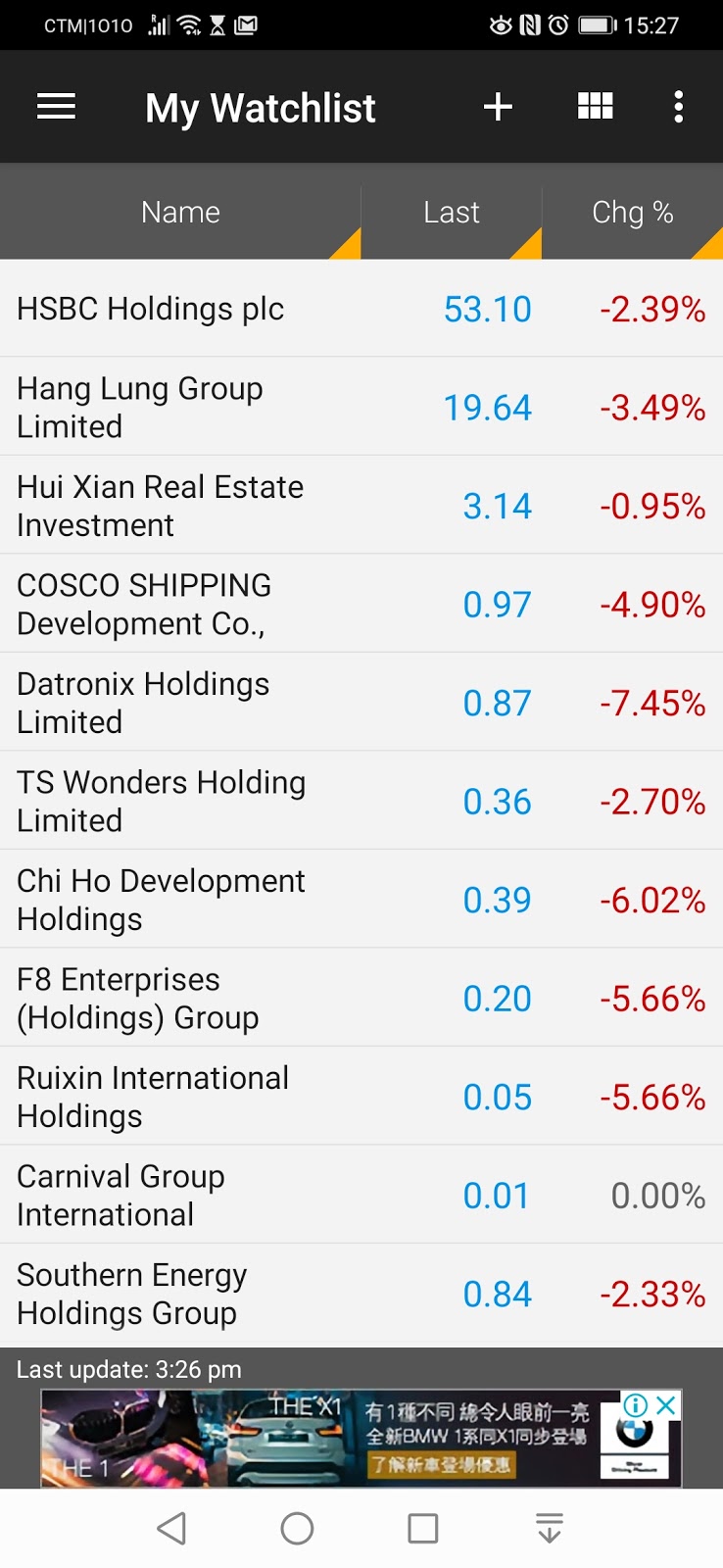The Big Brother is Never Dead
Alan Greenspan was enlightening when he wrote that the history of Adam Smith's ideas is the history of attitudes toward the social dislocation capitalism brings and its potential remedies. It's also hard to disagree with his point on Karl Marx, that despite his brilliance, Karl Marx was wrong in his analysis of the way people can organize to successfully create value. Though I am no scholar in philosophy and economic systems, I guess of contention here is Marx's advocate of communism as the ultimate solution to the social vices capitalism brings about, particularly the inequality of income distribution, hence the perpetuating class conflict. With the collapse of the iron curtain in Germany and the demise of the Soviet Union in the late last century, the defeat of Marxism is obvious.
Is it really? I am not even thinking about China, where market capitalism is visibly more relevant to the daily lifes than the Party's ideology. I am pondering on institutions and organizations.
What principle and ideology does any labour union in the capitalistic world rest on? Surely it is in the name of the people's interests that the union leadership earns its legitimacy. There are still powerful unions around the world, not just in those notoriously labour-militant states as in Korea, India, Taiwan and the European social states, but also in the most liberal economies as in the Western world. But it is not only in labour unions where Marxism can be readily tasted.
Corporations the world over are also increasingly focusing on people, for real or for show. But no matter how serious the leaders, even (or particularly) those at the top, ie, the Chairman and CEO, are concerned about the staff interests and well-being, they are subject to the reign of the Board, therefore shareholders' interests. Ironically, the power structure in any corporation is not unlike that of the Communist Party. How else does the Chairman or the CEO come to power but being appointed by the Board of Directors or the owner(s). It is unthinkable that the incumbent is elected out of universal suffrage from within the whole organization. It is also against the corporate nature and economic efficiency to have any room for bipartisanship and democracy within a company.
A corporation with a critical mass of staff is in effect a social state. The Board is the Party and, funny enough, the assembly where all managers gather to listen to the Big Brother and the top echelons of management is the People's Congress.
Of course, one needs not get stuck to one Party, but can be mobile among numerous social states within a capitalistic economy. So it is the labour's mobility, particularly upward mobility, but not Marxism, that has the chance to bring remedy to the social vice of inequality. It is not that the income inequality will diminish - as the big brother will always earn huge multiples of what the people do, not to mention those tycoons - but people at least have better chances to climb the career and social ladder in today's knowledge economies.
In any case, though Marxism may be dead, the Big Brother stays.
Is it really? I am not even thinking about China, where market capitalism is visibly more relevant to the daily lifes than the Party's ideology. I am pondering on institutions and organizations.
What principle and ideology does any labour union in the capitalistic world rest on? Surely it is in the name of the people's interests that the union leadership earns its legitimacy. There are still powerful unions around the world, not just in those notoriously labour-militant states as in Korea, India, Taiwan and the European social states, but also in the most liberal economies as in the Western world. But it is not only in labour unions where Marxism can be readily tasted.
Corporations the world over are also increasingly focusing on people, for real or for show. But no matter how serious the leaders, even (or particularly) those at the top, ie, the Chairman and CEO, are concerned about the staff interests and well-being, they are subject to the reign of the Board, therefore shareholders' interests. Ironically, the power structure in any corporation is not unlike that of the Communist Party. How else does the Chairman or the CEO come to power but being appointed by the Board of Directors or the owner(s). It is unthinkable that the incumbent is elected out of universal suffrage from within the whole organization. It is also against the corporate nature and economic efficiency to have any room for bipartisanship and democracy within a company.
A corporation with a critical mass of staff is in effect a social state. The Board is the Party and, funny enough, the assembly where all managers gather to listen to the Big Brother and the top echelons of management is the People's Congress.
Of course, one needs not get stuck to one Party, but can be mobile among numerous social states within a capitalistic economy. So it is the labour's mobility, particularly upward mobility, but not Marxism, that has the chance to bring remedy to the social vice of inequality. It is not that the income inequality will diminish - as the big brother will always earn huge multiples of what the people do, not to mention those tycoons - but people at least have better chances to climb the career and social ladder in today's knowledge economies.
In any case, though Marxism may be dead, the Big Brother stays.



Comments